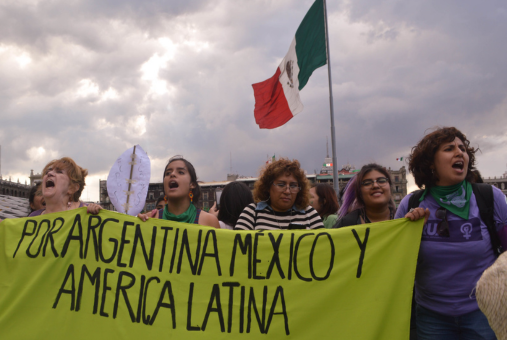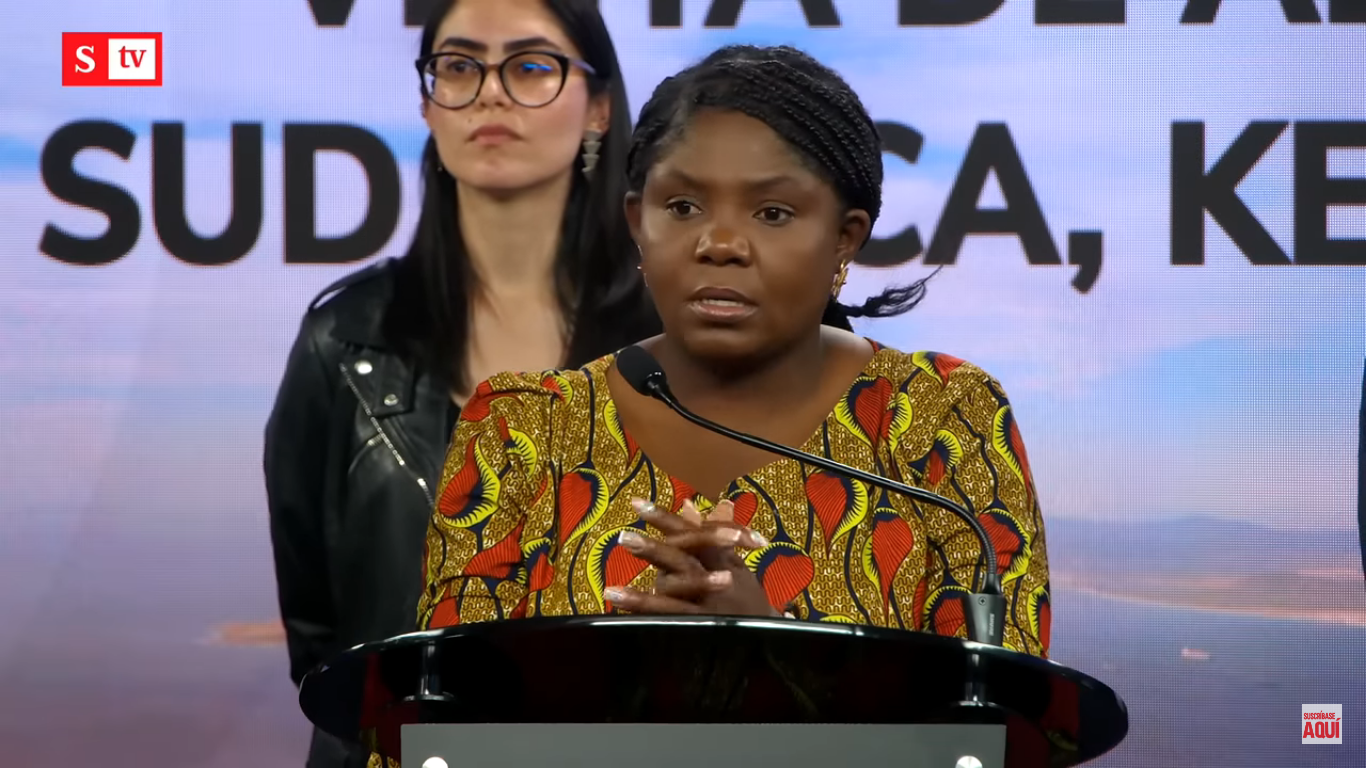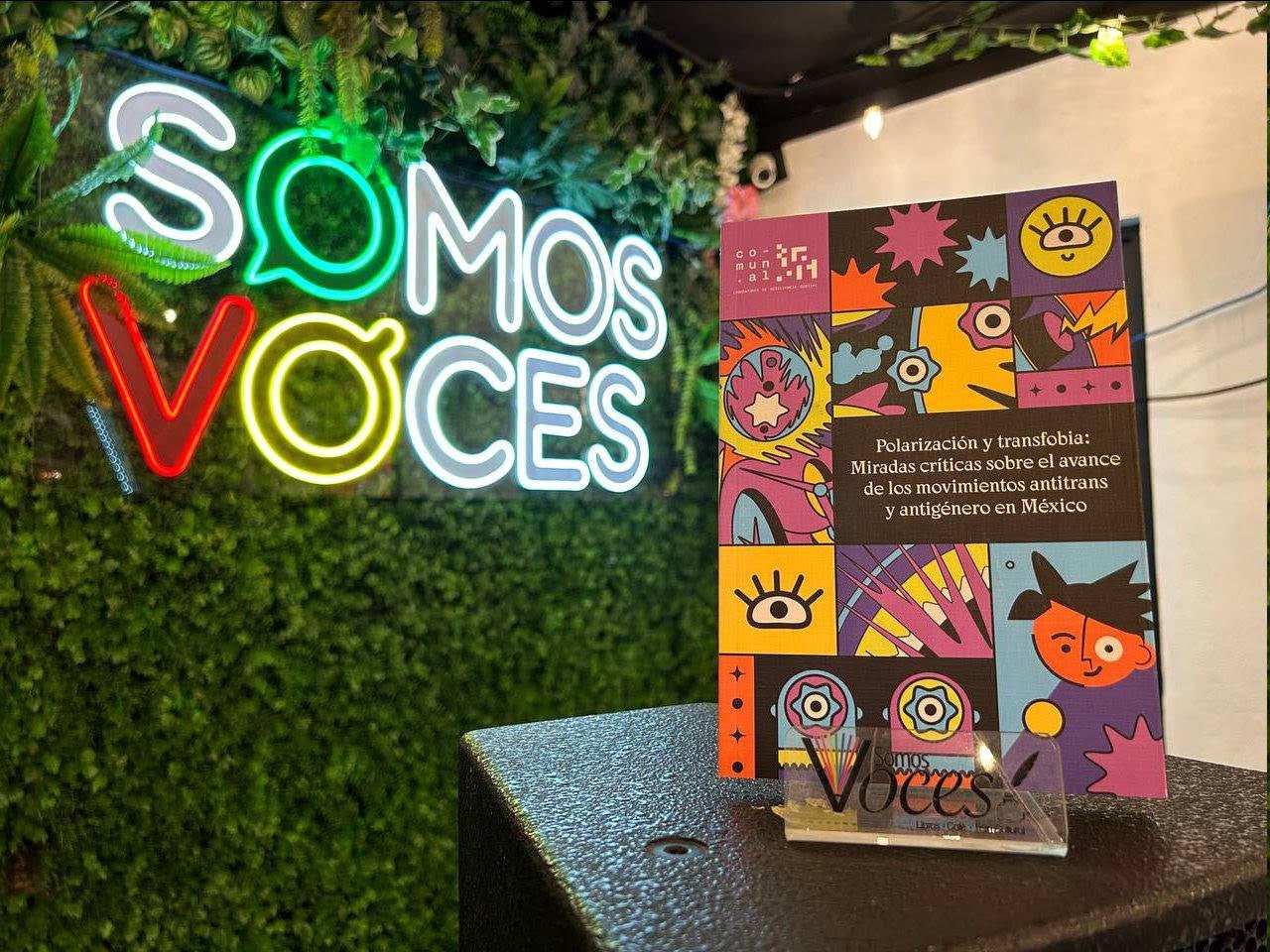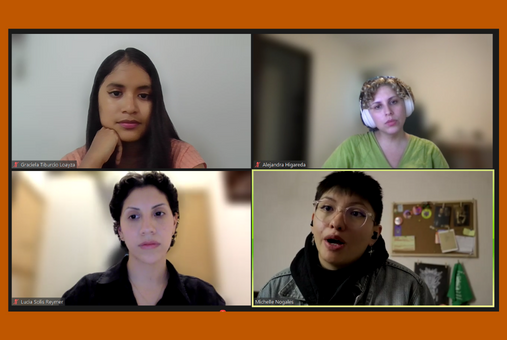
In 2022, the year of one of Brazil's most fiercely contested elections, the Brazilian Association of Investigative Journalism (Abraji) recorded 557 cases of aggression against journalists, with 26% involving some form of gender-based violence. Among this group, 5% were episodes of sexual violence. Journalists targeted in these attacks spoke about the impact on their work and personal lives.

A collection of studies on the coverage of violence against women in the Global South found advances in Argentina and Mexico, while in Brazil race and class biases stood out. The volume's co-editor told LJR she hopes the work will highlight how journalistic coverage is connected to this huge systemic global problem.

The Brazilian racial-focused outlet Alma Preta unveiled its first style guide after over three years of labor. Titled "Writing manual: Anti-racist journalism based on the Alma Preta experience," it encapsulates the outlet's journalistic ethos, from news value criteria to anti-racist angles and stylistic recommendations.

An Afro-Colombian journalist, Beatriz Valdés Correa, won the 2023 Gabo Award in the text category for an investigation on the situation of Afro-Colombian women victims of sexual violence in the context of the armed conflict. How does the Colombian media cover the facts about the Afro-Colombian population and its vice-president Francia Márquez?

Despite recent gains in LGBTQ+ rights, hate narratives persist in Mexican media, according to an interdisciplinary report. The authors emphasize the need for inclusive newsrooms and authentic representation to combat transphobia, while telling stories of both ordinary people and those fighting for greater visibility and human rights.

Brazil's female sports journalists are not only gaining more and more space in the media, but have also achieved greater coverage of women's sports. Although there is still a long way to go, the Women's World Cup is the best opportunity to consolidate what has been achieved so far.

The third webinar of the second series organized by the Network for Diversity in Latin American Journalism offered ideas to improve coverage of gender-based violence without revictimizing or seeking approaches that can prevent it. Journalists Lydiette Carrión and Leila Mesyngier, moderated by Pilar Cuartas, offered best practices.

The second webinar of the new series promoted by the Network for Diversity in Latin American Journalism was dedicated to deconstructing myths about feminist journalism. Michelle Nogales (Bolivia), Alejandra Higareda (Mexico) and Graciela Tiburcio Loayza (Peru), moderated by Lucia Solis (Peru), shared insights and reflections based on their trajectories as feminist journalists.

Black people are 55.9% of the Brazilian population, but only 9.5% of the people who sign texts in the printed editions of Estadão, Folha de S. Paulo and O Globo. This is one of the findings of a survey that alerts to "a very serious cultural, social and political problem" with the under-representation of non-white people and women in newspapers.

On June 20, the Network for Diversity in Latin American Journalism will begin its second series of webinars to promote diversity, equity and inclusion in Latin American newsrooms through greater coverage of diversity issues and from a perspective of human rights. The series, which is in Spanish and has the support of the Knight Center for Journalism in the Americas, begins with the webinar "Stories with LGBTQI+ pride."